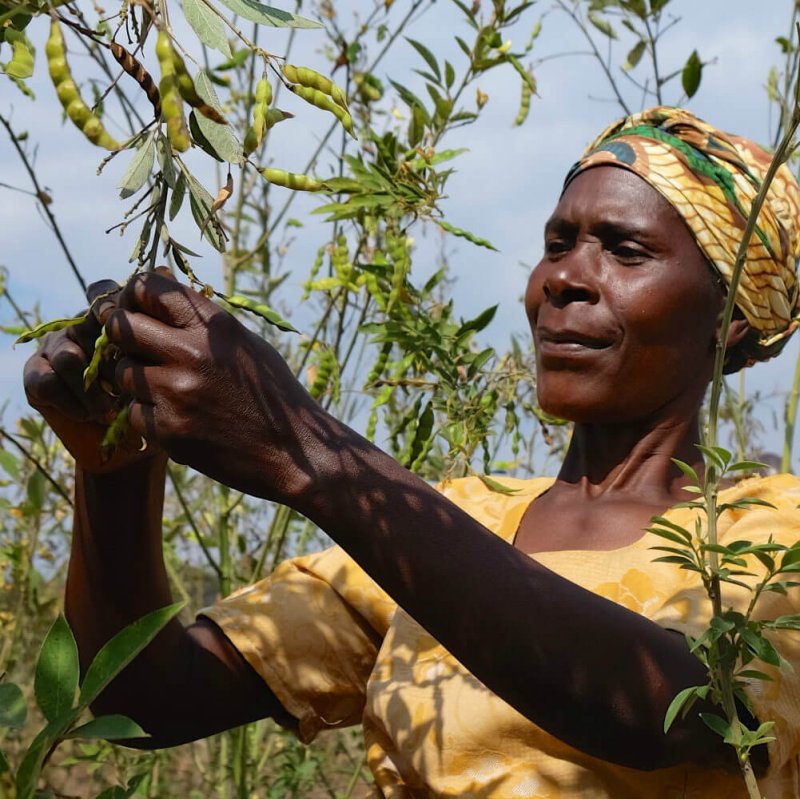Researchers have identified key genes associated with flowering time in the pigeon pea, a finding that could lead to more productive plants for this important source of protein.
Pigeon pea plant yields have remained stagnant during the last 60 years, which has hurt farmers in Asia, Africa, Latin America and the Caribbean who rely on the legume to feed their families and make a living. Pigeon pea pods are an important source of protein in the diets of more than 1.5 billion people in developing countries.
“In agriculture, we want plants that flower at the best time for a particular place. But with climate change, that time is shifting,” said Eric von Wettberg, FIU professor of biological sciences and co-author of the study.
…
The researchers’ genetic finding could help breeders create varieties of pigeon pea plants adapted to local conditions that will flower at a particular time, producing more seeds in one yield.
…
The study was recently published in Nature Genetics.
The GLP aggregated and excerpted this blog/article to reflect the diversity of news, opinion, and analysis. Read full, original post: FIU geneticist wants to arm farmers with improved pigeon pea plants































